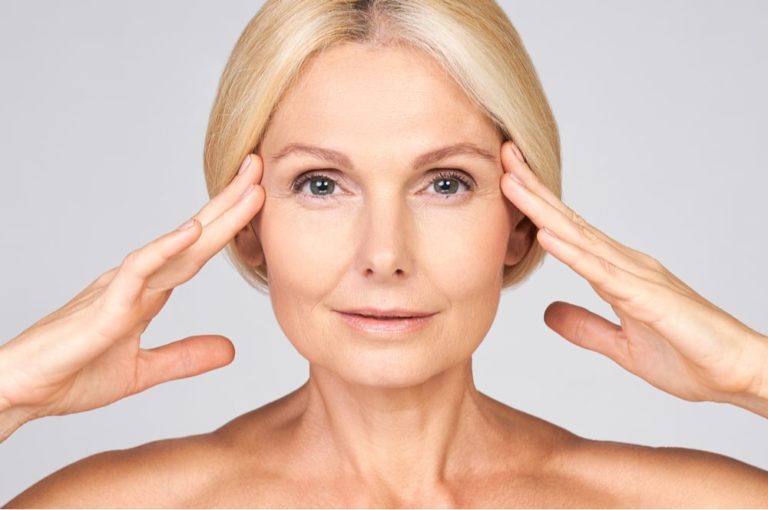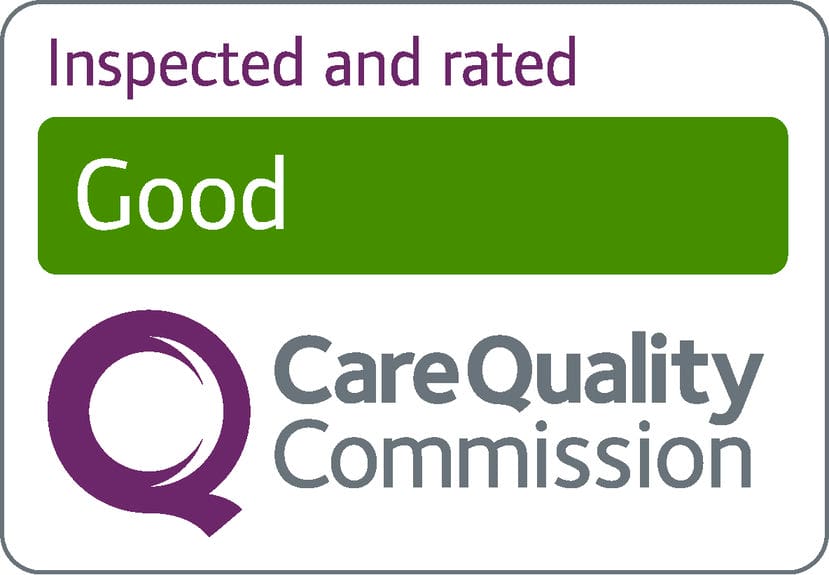Stress in the workplace or in relationships are all hot discussion topics but often missed is the effect that stress can have on our skin, as the body’s largest organ it’s bound to be affected by our mental wellbeing potentially triggering conditions such as eczema, psoriasis, acne and rosacea, so why is this overlooked? As it is Stress Awareness Day on the 6th November, Jane has put together four key steps we can all use to start to tackle stressed-out skin.
We all know that when we are overtired and anxious, we don’t look or feel our best, and when we look in the mirror the word ‘worn out’ comes to mind, and we’re not imagining it, our skin literally is wearing out and this is all to do with the length of our telomeres, the end parts of our DNA which protect the skin’s cells; prolonged periods of stress can shorten them and as a result the cell dies, each time a skin cell dies it ages the skin contributing to the formation of wrinkles and affecting its laxity. Along with finding ways of managing stress, it’s crucial that we begin to understand the psychological impact of feeling good about yourself, appearance has a huge impact on confidence and skin conditions can result in poor self-esteem. It can be a vicious cycle.
What are your stress triggers?
Stress is the body’s reaction to any change that requires modification, or response and it can manifest in different ways in different people. Your body will react to changes with physical, mental and emotional replies, there are over 40 commons signs of stress from irritability, lack of sleep, the inability to make decisions to the dramatic effect it can have on your skin. Keep a diary recording sleep patterns, diet, stress levels and the effect it has on your skin.
Work on reducing your stress levels. When we experience stress, the body releases a natural hormone called cortisol and this does a great job helping the body deal with the pressure. But, if the body experiences continued high levels of stress it produces higher levels of cortisol which can have an incredibly negative effect on the skin, hampering the skin’s ability to produce hyaluronic acid, the skin’s natural hydration which helps to keep it plump and healthy. Consider breathing exercises, meditation and mindfulness all techniques that can help ease a stressful situation.
See a dermatologist who can help diagnose and treat skin conditions. There are many dermatological conditions treated by the NHS, but there are some purely cosmetic ones such as scarring and hyperpigmentation that are not, even though they can cause psychological damage and low self-esteem.
Helping you and your skin to recover
Protecting and preserving your telomeres is a must if you want to slow down the onset of wrinkles caused by stress and maintain or improve your skin’s firmness. A Byonik treatment, the world’s first laser treatment which repairs and protects your skin from inside the skin cells, prolongs the life of and improves the health of your skin cells by protecting and lengthening your telomeres. At the Skin to Love Clinic we are passionate about helping people feel positive about their skin and are proud to be able to make a difference to people by providing tangible, often life-changing treatments and results. If you would like to discuss your stressed-out skin then please do call the Skin to Love Clinic on 01727 837429
Disclaimer: This blog is not to be used for diagnostic purposes. We are all unique which means that our results, recovery and suitability for any type of treatment will vary. Always seek the advice of a professional should you have any health or cosmetic concerns or to discuss treatments specifically for you.





